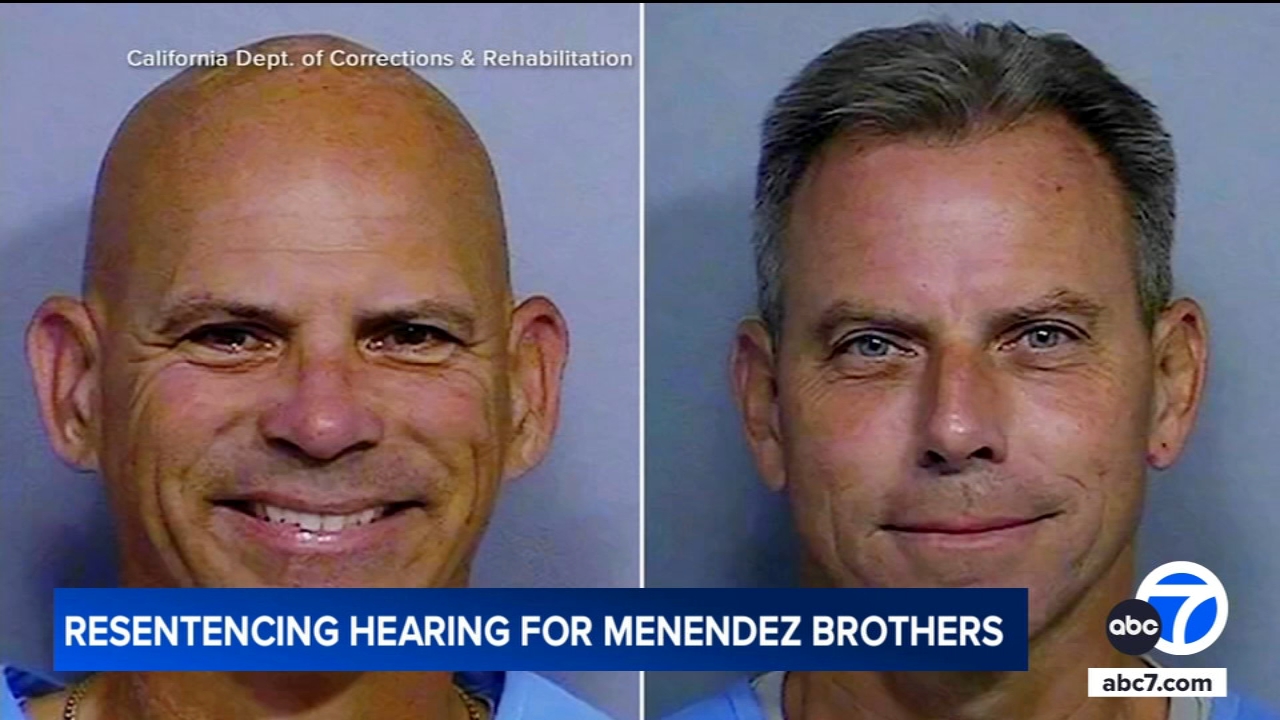WADA report shows over 1,000 Russians involved in organized doping

LONDON -- A new report into systematic Russian doping details a wide-ranging "institutional conspiracy" that involved more than 1,000 athletes across more than 30 sports, including evidence corroborating large-scale sample swapping at the 2014 Sochi Winter Olympics.
World Anti-Doping Agency investigator Richard McLaren said Friday the conspiracy involved the Russian Sports Ministry, national anti-doping agency and the FSB intelligence service, providing further details of state involvement in a massive program of cheating and cover-ups that ran on an "unprecedented scale" from 2011-15.
"It is impossible to know just how deep and how far back this conspiracy goes," McLaren said at a news conference in London. "For years, international sports competitions have unknowingly been hijacked by Russians. Coaches and athletes have been playing on an uneven field. Sports fans and spectators have been deceived. It's time that this stops."
McLaren said his conclusions were based on irrefutable forensic evidence, including DNA analysis proving that samples were swapped and other tests showing that doping bottles were opened.
The Canadian law professor's investigation found that 15 Russian medalists in Sochi had their doping bottles tampered with, including two athletes who won four gold medals. No names were given.
McLaren also reported that Russia corrupted the 2012 London Olympics on an "unprecedented scale" but the full extent will "probably never be fully established."
No Russian athlete tested positive at the time of the games, but McLaren said the sports ministry gave athletes a "cocktail of steroids ... in order to beat the detection thresholds at the London lab."
McLaren described the Russian doping program as "a cover-up that evolved over the years from uncontrolled chaos to an institutionalized and disciplined medal-winning strategy and conspiracy."
The findings confirmed and expanded on much of the evidence contained in McLaren's first report issued in July.
"Over 1,000 Russian athletes competing in summer, winter and Paralympic sport can be identified as being involved in or benefiting from manipulations to conceal positive doping tests," McLaren said Friday.
The names of those athletes, including 600 summer sports competitors, have been turned over to international federations for them to take any disciplinary action, he said.
McLaren's first report led WADA to recommend that Russia be excluded from the Rio de Janeiro Olympics. The IOC rejected calls for an outright ban, allowing international federations to decide which Russian athletes could compete.
The latest report will put pressure on the International Olympic Committee to take action ahead of the 2018 Winter Games in Pyeongchang, South Korea. His findings will be sent to the IOC, which has two commissions looking into the allegations.
IOC president Thomas Bach has said stiff sanctions will be taken against any athletes and officials implicated in doping. He said he favors lifetime Olympic bans for anyone involved.
McLaren opened his investigation earlier this year after Moscow's former doping lab director, Grigory Rodchenkov, told the New York Times that he and other officials were involved in an organized doping program for Russian athletes that covered the London and Sochi Olympics. He detailed how tainted samples were replaced with clean urine through a concealed "mouse hole" in the wall of the Sochi lab.
The new report further backs Rodchenkov's account. McLaren's investigation found scratches and other marks left on the doping bottles. WADA investigators were able to recreate the method used by the Russians to pry open the sealed bottle caps.
The report also elaborated on the "Disappearing Positive Methodology" system which concealed Russian use of banned drugs and protected summer and winter athletes from being caught. Some samples were diluted with salt or even coffee granules.
Other findings include:
Six Russian athletes who won a total of 21 medals at the Sochi Paralympics had their urine samples tampered with.
Two female hockey players at the Sochi Olympics had samples that contained male DNA.
Eight Sochi samples had salt content that was physiologically impossible in a healthy human.
McLaren specified that the doping conspiracy involved "Russian officials within the Ministry of Sport and its infrastructure," as well as the anti-doping body, the Moscow lab, and the FSB specifically for manipulating the samples. The inquiry found no evidence that former Russian sports minister Vitaly Mutko was directly involved, he said.
The report also found no evidence of involvement of the Russian Olympic Committee.
McLaren said he was unfazed by Russian criticism of the report.
Asked how he would respond, McLaren said: "I would say read the report."
McLaren's first report set off bitter divisions and infighting in the Olympic movement and those recriminations have dragged on since the Rio Games. McLaren said it is now time to take a unified approach.
"I find it difficult to understand why we're not on the same team," he said. "We should all be working together to end doping in sports."






